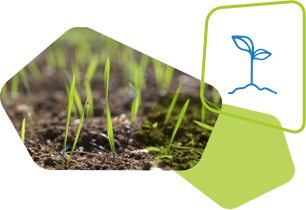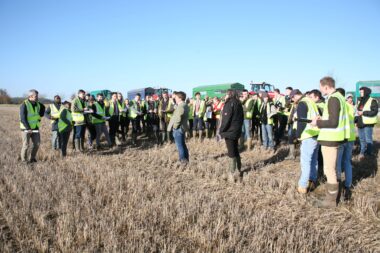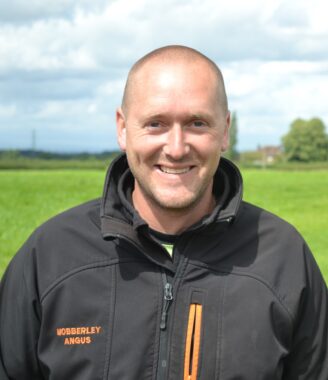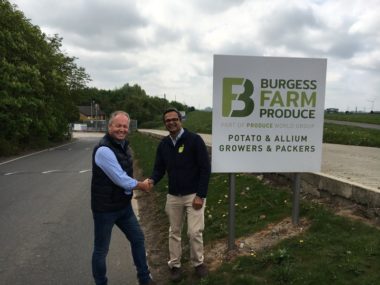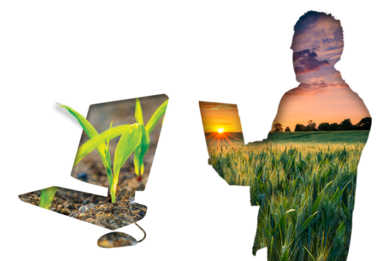Participating British Farmers will provide data to train AI to predict where the weed will grow
Farmplan, the leading industry software specialist in the agricultural sector, is working with IBM Research and other partners to collect data from farmers to predict the spread of a damaging weed called Blackgrass.
Blackgrass costs farmers more than £580 billion annually as it can compete with cereal crops such as wheat and barley reducing their yield and resulting in food shortages. As the weed is becoming increasingly resistant to herbicides scientists are turning to artificial intelligence (AI) and data to fight it.
Working with farmers in the UK, a new £1 million project (aiScope) is in progress, with dozens of UK farmers and Farmplan working alongside IBM Research Europe, Sheffield University, Rothamsted Research, Hummingbird Technologies, Precision Decisions and the Science & Technology Facilities Council (STFC) Hartree Centre.
During the 24 month project, data such as soil type, crops and field operations will be collected by farmers and entered into Farmplan’s Gatekeeper software, which enables growers to supply field data without any duplication.
Gatekeeper then passes the data to aiScope which is based on IBM PAIRS, a geospatial-temporal information service. aiScope contains algorithms which combine the farmer’s data with additional data, such as weather, to help scientists create evidence-based blackgrass forecasting models to accurately predict where the weed will grow. Once farmers know where the blackgrass is likely to grow they can eradicate it in advance.
“Blackgrass continues to be a scourge of British farming and we are delighted to provide support to all those working hard to develop best practices to eradicate it” said Alistair Knott, Proagrica’s Precision Agriculture Development Director. “At present, willing, enthusiastic growers across the UK have to supply data manually, when that data is already in their farm management system. They can now seamlessly and securely, expressly permission agreed historic data by field, in a standardised format, efficiently delivered via an API.”
“In order to develop forecast models and decision-support tools for a range of different crop threats, researchers need access to the highest quality data at scale. The aiScope project is working with Proagrica to make it easy for farmers to share their farm management data with researchers, allowing integration with environmental, survey, sensor and imaging data to develop more powerful models than ever before. By applying the latest techniques in data science and artificial intelligence, we hope to address many different challenges, starting with Blackgrass.” said Blair Edwards, Technical Lead for the IBM Research Europe data science team in the UK.
The Gatekeeper-aiScope integration will be available this month. In a few clicks, growers can expressly permission selected crops zones and operations from Farmplan’s Gatekeeper onto the aiScope data platform.
Farmplan is a division of the global Proagrica business, best known for its core integration, workflow and insight solutions. It is providing the data exchange capability to securely deliver the grower data.
For further information on aiScope, please visit the website aiScope- AI data platform for smart crop protection.
This development is the latest step in Proagrica’s ongoing commitment to better data connectivity in the agricultural supply chain. Their expertise in both the sector and data integration allows businesses to focus on creating value for partners and farmers. For further information on Proagrica please visit the website at www.proagrica.com.
About the aiScope data platform
This project brings innovative and disruptive technologies together from IBM Research Europe, Rothamsted Research, The University of Sheffield, Precision Decisions, Science and Technology Facilities Council (STFC) Hartree Centre and Hummingbird Technologies to transform the crop management market with blackgrass as its first use case.
